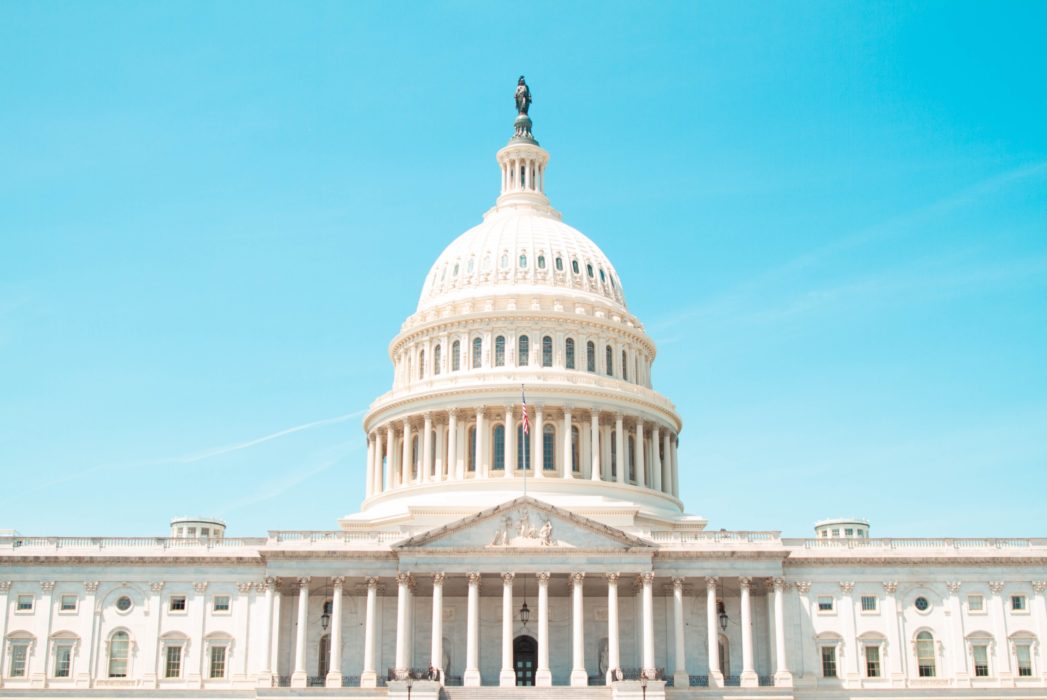
Gov. Gretchen Whitmer and legislative leaders agreed June 29 to shift around nearly enough federal money to fill the $2.2 billion hole in the Fiscal Year (FY) 2020 budget without funding cuts to schools, universities, and local governments.
The plan does call for the state government to find $490 million in cuts in the current budget through state hiring and spending freezes, layoffs and other changes in state government. Where those cuts are coming from wasn’t announced June 29 because that hasn’t been completely ironed out yet.
Through the plan, $350 million is being used out of the state’s $1 billion rainy day fund. The rest of the hole is being filled using federal CARES Act money to replace the state revenue that isn’t coming in because the economy was shut down to slow the spread of the coronavirus.
“We’re working toward more details, but we have a framework of a plan,” said House Appropriations Committee Chair Shane Hernandez (R-Port Huron). “We know we also still have an incredible challenge with 2021.”
With the agreement, the state is claiming $3 billion in Coronavirus Relief Funds (CRF) have been used to address the costs incurred from facing COVID-19. The deal only addresses the current budget year, which ends Sept. 30. Nothing is settled on the FY ’21 budget, which begins Oct. 1.
The deal will require schools, universities, and local governments to be flexible with the money that’s coming to them. On one hand, K-12 schools will be cut $256 million in state School Aid Fund this fiscal year but will be receiving $512 million in federal money on top of $53 million more in hazard pay for teachers as the battle against COVID-19 continues.
MEA President Paula Herbertapplauded the deal but said the $53 million for teachers should have included all school employees.
Colleges and universities will be getting a one-for-one swap. A $200 million cut in state funding, but $200 million from the federal government.
Local governments are getting a $97 million state aid cut, but $150 million more on top of the $300 million coming from SB 0690 for public health costs and first responder hazard pay.
“Public safety” is getting $475 million more in federal money, which could theoretically be spent on the Michigan State Police and the Department of Corrections.
And $340 million is being saved by moving federal Medicaid and public health costs around. The deal was announced through a press release issued by the Governor that included Senate Majority Leader Mike Shirkey and House Speaker Lee Chatfield’s name on it. MIRS has learned direct conversations between Shirkey and the Governor regarding this budget deal were minimal, at best.
“The fiscal needs of our state and our country are great in the wake of COVID-19,” Shirkey said in a statement. “The Senate Republican Caucus is committed to working with our partners in the House and the Administration to craft a reasonable budget for Fiscal Year 2021.
“As Congress contemplates further assistance to states, our caucus encourages them to balance fiscal responsibility with the realities of unprecedented challenges related to this insidious virus. We must resist the urge to default to debt and call it a plan. The immediate needs of our country are very real. Restraint on spending will be difficult in the face of these needs, but absolutely necessary.”
When asked if the federal CARES Act money saved the day, the ranking Democrat on the Senate Appropriations Committee responded with this.
“It could be argued that the day isn’t saved,” said Sen. Curtis Hertel Jr. (D-East Lansing). “There are still a lot of tough decisions that need to be made, but this is a good step in the right direction. It’s a good sign that the Governor and the Legislature have worked together to come up with this plan.”